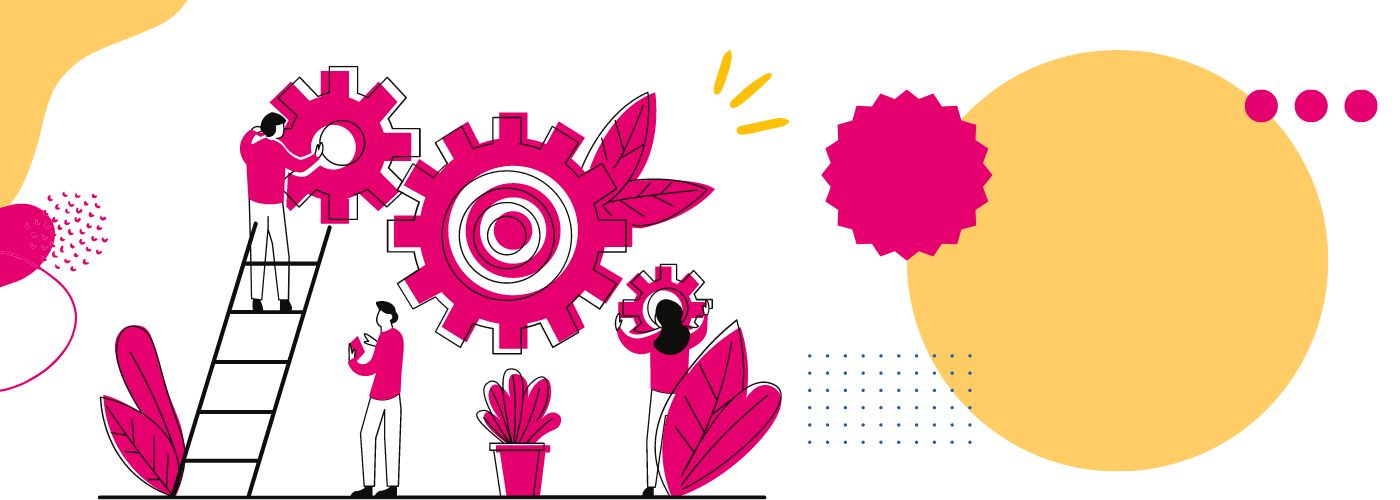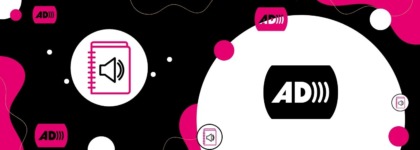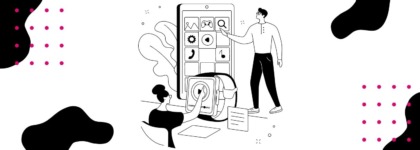Disability in the Workplace: Cheryl Rayburn’s Story
Every month, we welcome a new guest to 3Play Media’s Allied Podcast. In January 2023, we met with Cheryl Rayburn for the episode “A Look at Disability in the Workplace,” in which she discussed her experience with vision loss and disability inclusion in employment.
Cheryl Rayburn was 16 years old when she was diagnosed with retinitis pigmentosa, a genetic disorder that involves the loss of cells in the retina, the light-sensitive tissue that lines the back of the eye. She finished high school, graduated from Missouri State University, and began a career in the mortgage industry. After ten years, she stopped working because of her vision loss.
“As I got toward the end of that time,” Cheryl said, “I was losing what I call my ‘little independences,’ the ability to read fine print, depth perception. I quit driving during this time. So I now had the added challenge of not having good transportation. And the saddest day came when I walked into the president’s office and handed in my resignation. Because it’s not something I chose to do. The silver lining in that is I went home, and I opened the front door, and I said, OK, what next?”
Cheryl became a full-time mom, diving into her community. However, over the next ten years, she started to lose what she called her “big independences”—the ability to prepare meals, manage family finances, read books, or walk to the mailbox.
“I went to that dark place in 2014, where I really realized I needed help,” Cheryl said.” And I remembered Alphapointe. And I took a tour. And that’s where I knew I was going to get my life back.”
In 2015, Cheryl toured Alphapointe, an agency of National Industries for the Blind, and enrolled in training, studying braille, orientation and mobility, activities of daily living, and adaptive technology.
After completing her training at Alphatpointe, she started looking for employment, but no one would hire her.
“I would get the interview,” she said, “and the minute they realized I was blind, it was crickets. Like, the door closed. And it came out of them just not understanding that I could do the job that I was applying for. They just didn’t give me the opportunity to communicate with them how. Because I can do any job that a sighted person can do, I just do it a little differently.”
Eventually, Cheryl started working for Alphapointe to help other people with low vision. One of her responsibilities is to educate employers on the misconceptions about hiring employees with disabilities and the minor accommodations that are needed to employ people with disabilities.
“I think the number one misconception,” Cheryl said, “is just automatically coming to an immediate thought process of, a blind person can’t do that. And change your thinking 180 degrees. Instead of saying, a blind person can’t do that job, say, how can a blind person do that job?”
To learn more about Cheryl’s story and disability inclusion in the workplace, listen to the Allied episode below or read the transcript:





